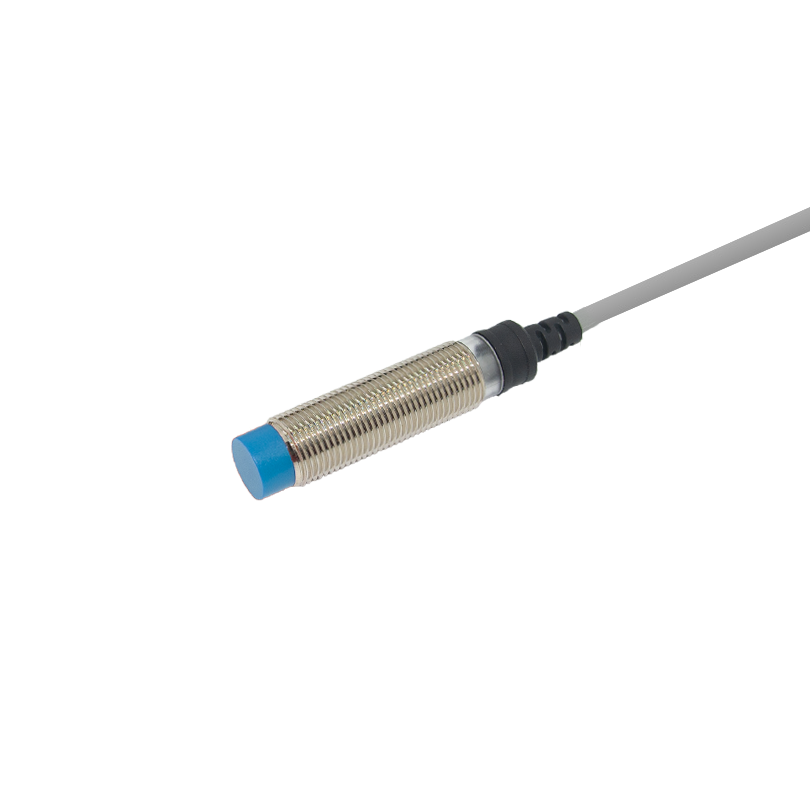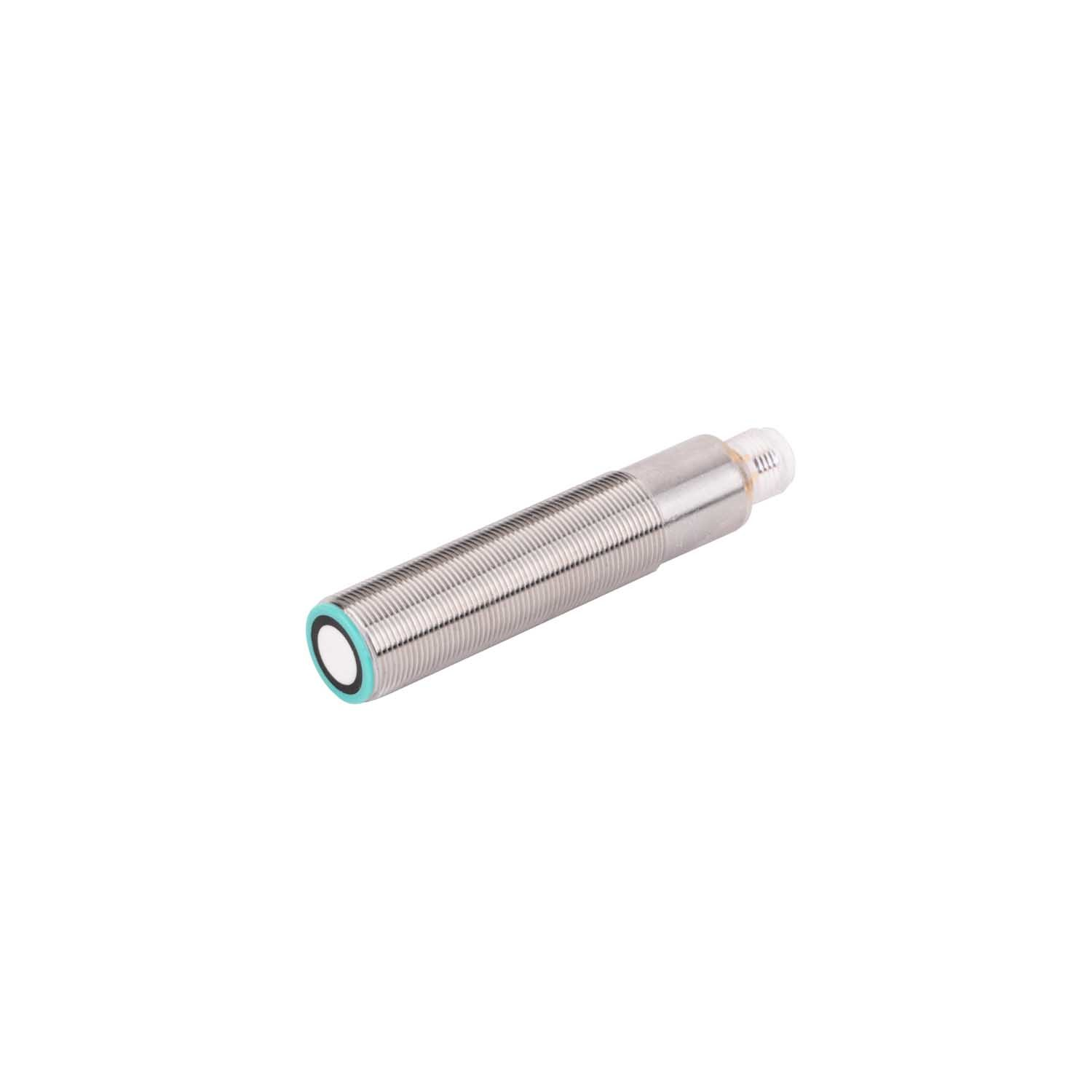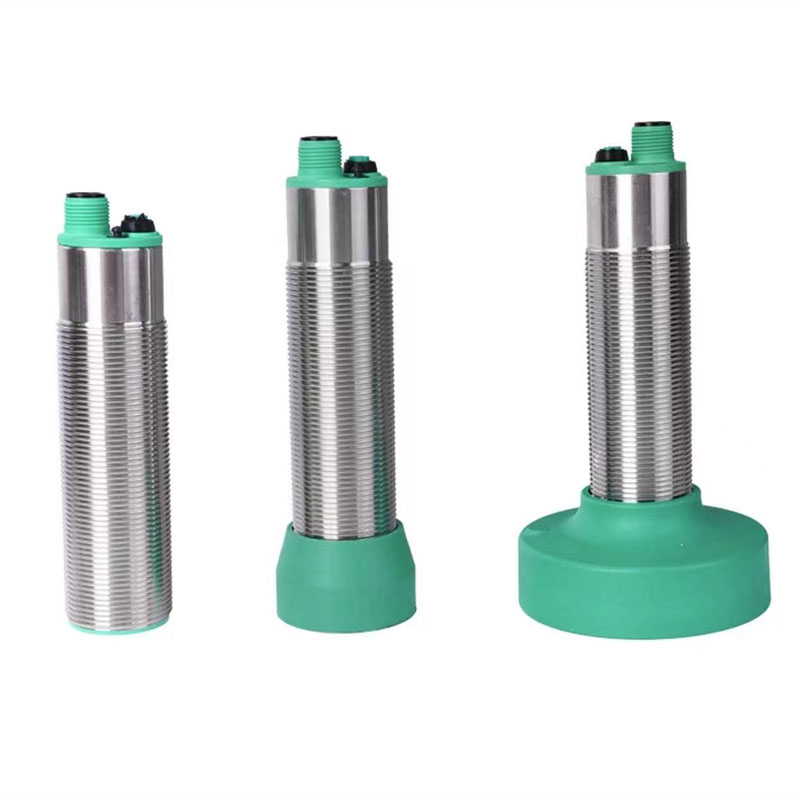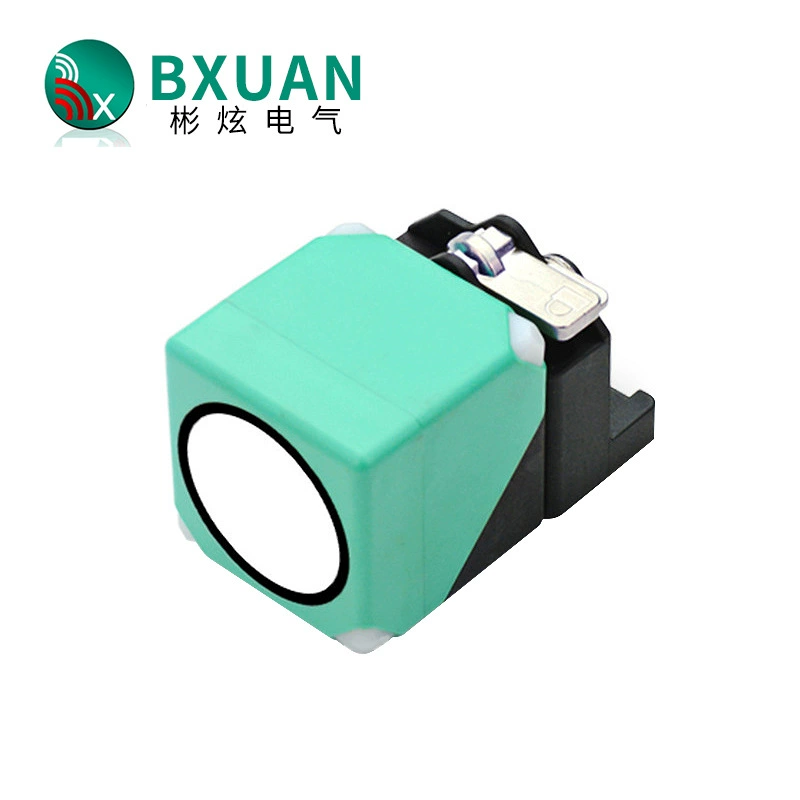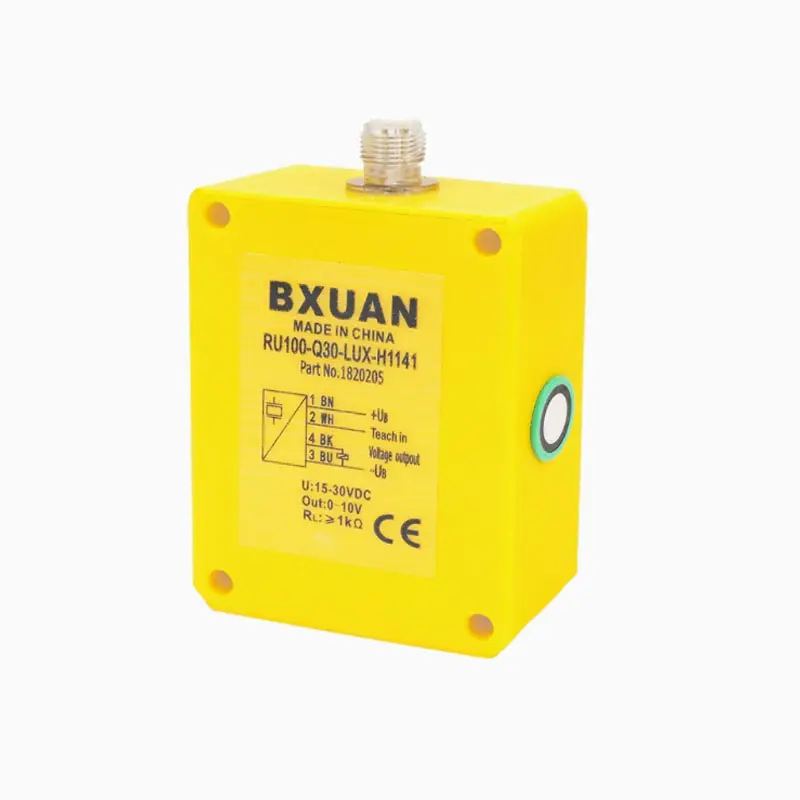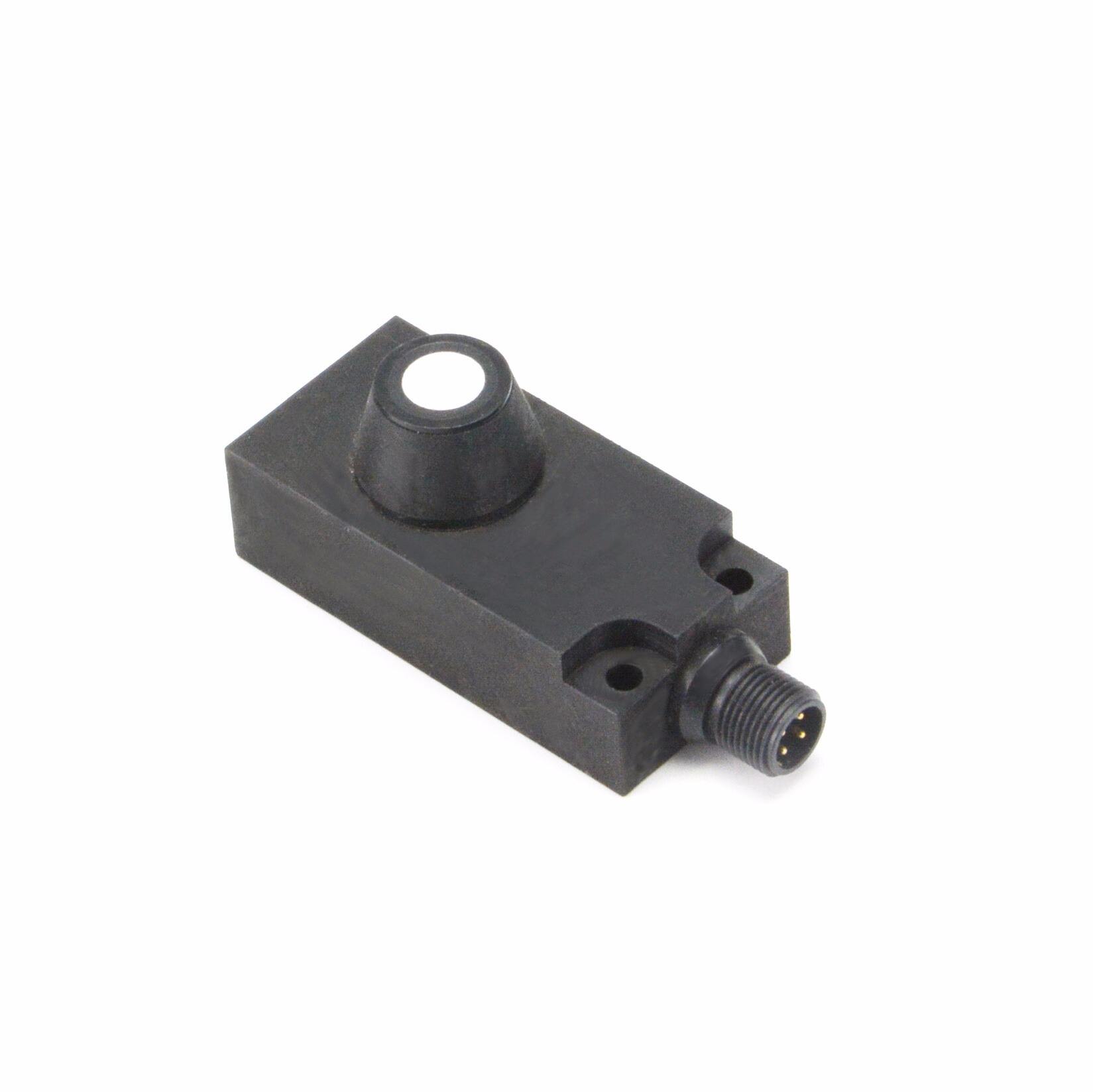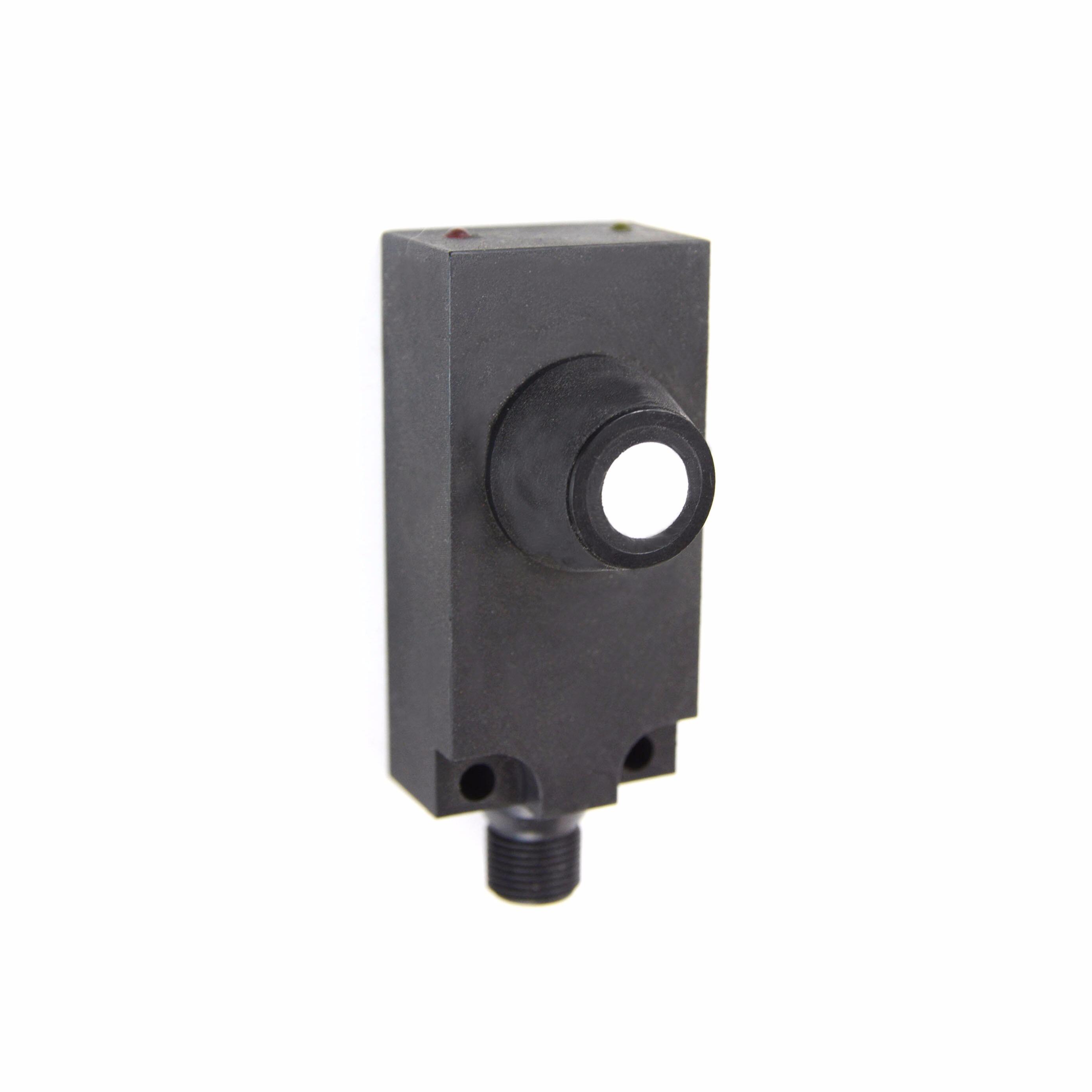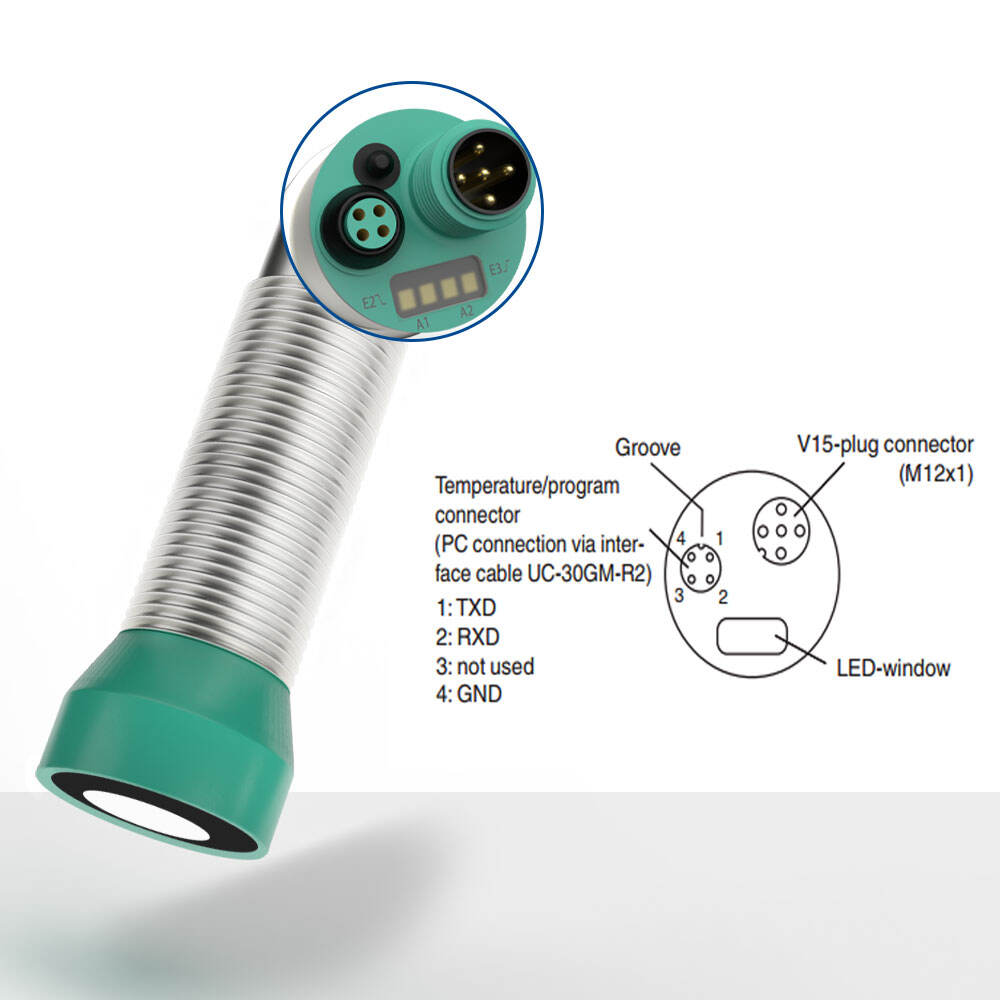ultrasonic detector
An ultrasonic detector is a sophisticated device that employs high-frequency sound waves to detect, measure, and analyze various phenomena. Operating beyond human hearing range, typically above 20 kHz, these devices emit ultrasonic pulses and measure their reflections to gather crucial data. The technology works by transmitting ultrasonic waves into the environment and analyzing the returned signals, enabling precise detection of objects, defects, or specific conditions. Modern ultrasonic detectors incorporate advanced signal processing capabilities, digital displays, and user-friendly interfaces for enhanced operational efficiency. These instruments find extensive applications across multiple industries, from industrial manufacturing and quality control to medical diagnostics and scientific research. The detector's core functionality includes distance measurement, flaw detection in materials, leak detection in pressurized systems, and thickness gauging. They excel in non-destructive testing applications, allowing for thorough inspections without damaging the test subject. The technology's versatility extends to monitoring structural integrity in buildings, detecting gas leaks, and even medical imaging applications. With continuous technological advancement, ultrasonic detectors now feature improved sensitivity, greater accuracy, and enhanced data analysis capabilities, making them indispensable tools in modern industrial and scientific applications.

